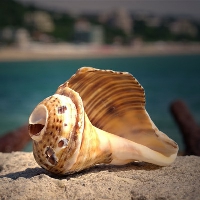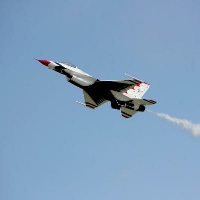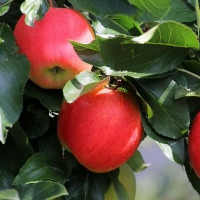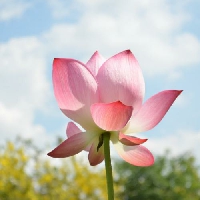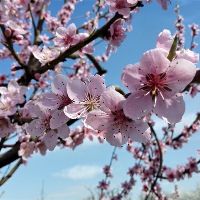Dormitory is an important place for students to study and live. Dormitory conditions are also one of the criteria for freshmen to choose a school. So, what about the dormitory conditions of Guangzhou University? Do you have air conditioning and independent toilet? Now let's introduce the dormitory conditions of Guangzhou University.
Note: As the hardware conditions of the dormitory can be updated at any time, if there is any discrepancy between the pictures and words, please refer to the latest situation officially announced by the school.
How about the dormitory conditions of Guangzhou University?
The campus of the university town is divided into a living area and a teaching area. The living area is divided into four dormitory areas, namely "Meiyuan", "Lanyuan", "Zhuyuan" and "Juyuan". There are more than 20 seven storey dormitory buildings in total, each of which has six students.
The dormitory is equipped with independent bathroom, balcony, central air conditioner, independent desk and other facilities, with hot water supply. Each dormitory area has a nearby canteen. Students can go to different canteens according to their needs and preferences.
The content comes from the network and is only for reference. Although the dormitory environment is very important, clean, harmonious, peaceful and interesting atmosphere is the soul of the dormitory.
Dormitory pictures
Where is the address of Guangzhou University?
According to the public information, the addresses of the campuses of Guangzhou University are as follows:
Undergraduate Campus 1 (Headquarters): 230 Waihuan West Road, University Town, Panyu District, Guangzhou City; Postal code: 510006
Undergraduate Campus 2 (Guihuagang Campus): No.1 Guihuagang East, Jiefang North Road, Yuexiu District, Guangzhou City; Postal code: 510405
College Campus: Textile and Garment College is located at No. 33, Songbei Stadium Straight Street, Zengcha Road, Baiyun District, Guangzhou City; Postal code: 510165
